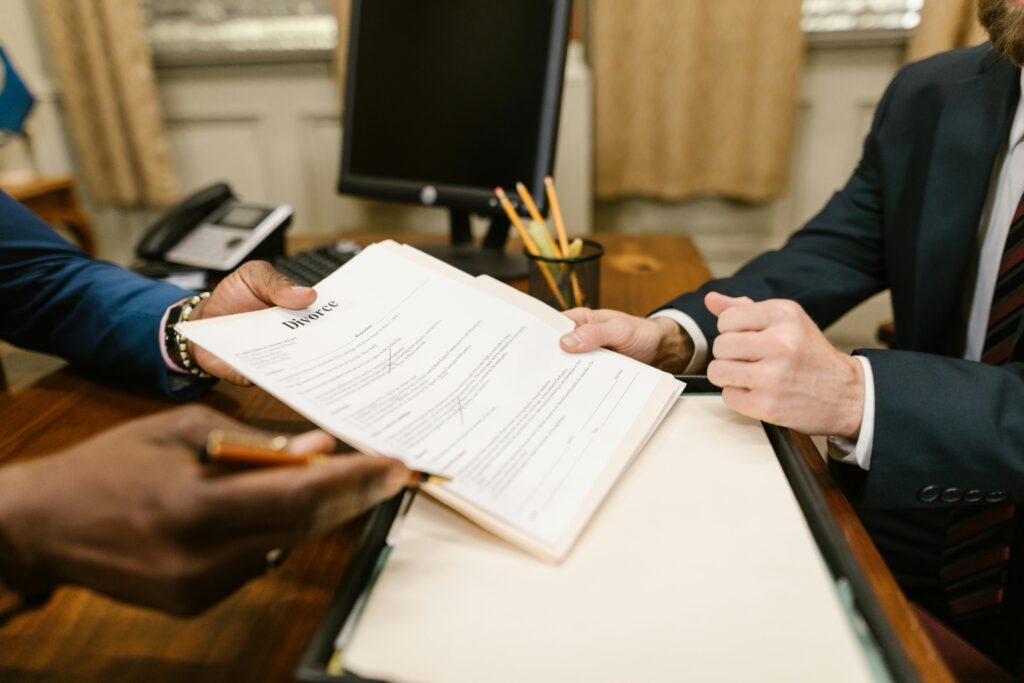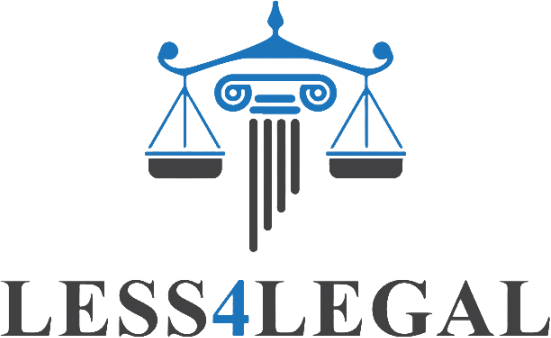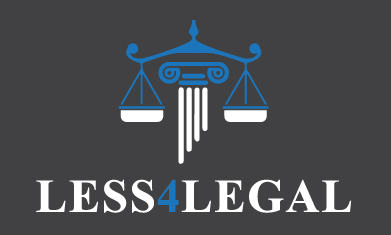
Navigating the turbulent waters of divorce can be an overwhelming experience for many. With emotions running high and the stakes even higher, understanding the legal process becomes crucial. However, not everyone can afford the high costs associated with hiring a lawyer. This is where paralegals come into the picture, offering a beacon of hope for those seeking assistance with their divorce proceedings. But what exactly can a paralegal do for someone going through a divorce? And more importantly, when is it appropriate to seek their help?
Paralegals, often the unsung heroes of the legal world, play a critical role in the divorce process. They provide invaluable support by handling the meticulous preparation of documents, organizing evidence, and ensuring that the procedural aspects of a divorce case run smoothly. While they do not replace the expertise and counsel of a licensed attorney, their services can significantly reduce the burden and cost of divorce proceedings for individuals. This blog aims to explore the scope of assistance a paralegal can offer in divorce cases, delineating their capabilities and limitations, and providing guidance on how to find and work effectively with a paralegal.
Understanding Paralegals
Definition and General Duties
Paralegals are trained legal professionals who work under the supervision of an attorney to provide a wide range of legal support services. These services include but are not limited to drafting legal documents, conducting legal research, and managing case files. Paralegals possess a thorough understanding of the legal system and procedural law, which enables them to navigate the complexities of legal processes efficiently.
Educational and Certification Requirements
The path to becoming a paralegal involves specialized education and training. Most paralegals hold an associate degree in paralegal studies, while others may possess a bachelor’s degree and a certificate in paralegal studies. In addition, some states and organizations offer certification programs that validate a paralegal’s expertise and professionalism in the field.
How Paralegals Differ from Lawyers
While paralegals perform many tasks that are essential to the management of legal cases, there are clear distinctions between their roles and those of lawyers. Unlike lawyers, paralegals cannot offer legal advice, represent clients in court, or set legal fees. Their role is to support and enhance the legal services provided by attorneys by taking on tasks that do not require a lawyer’s specialized skills.

How Can a Paralegal Help with Divorce?
Divorce proceedings involve a multitude of tasks that can be both time-consuming and complex. Paralegals can assist in several ways:
Document Preparation and Filing
One of the most critical aspects of a divorce case is the accurate preparation and timely filing of legal documents. Paralegals ensure that all necessary paperwork, including petitions, financial disclosures, and custody agreements, are correctly filled out and filed with the court according to strict deadlines.
Legal Research and Case Preparation Support
Paralegals conduct comprehensive legal research to support the case, gathering relevant laws, precedents, and regulations that may impact the outcome of the divorce. They also help in preparing arguments and organizing evidence for hearings or negotiations.
Communication Between Parties and with the Court
Effective communication is key in divorce proceedings. Paralegals often act as the liaison between the client, the lawyer, and the court, ensuring that all parties are informed of developments and procedural requirements.
Organizing Financial Documents and Evidence
Divorce often involves detailed financial analysis. Paralegals can help organize financial documents such as bank statements, income records, and asset valuations, which are crucial for fair settlement negotiations.
This section has laid the foundation for understanding the role and capabilities of paralegals in divorce proceedings. Moving forward, we will delve deeper into the benefits of hiring a paralegal, their limitations, and how to find a qualified professional to assist with your divorce.
Why Hire a Divorce Paralegal?
Cost-effectiveness Compared to Hiring a Lawyer
One of the most significant advantages of hiring a divorce paralegal is the potential for cost savings. Legal fees can quickly accumulate, especially in contested divorces where the process is lengthy and complicated. Paralegals offer a more affordable option for handling the administrative and preparatory aspects of divorce, allowing clients to allocate resources more efficiently.
Efficiency in Document and Case Management
Paralegals are highly skilled in managing the vast amount of paperwork and deadlines associated with divorce cases. Their expertise in document preparation, filing, and organization promotes a smoother, more efficient process. This not only helps in avoiding delays but also ensures that all procedural requirements are met accurately.
Emotional and Logistical Support Through the Divorce Process
Divorce can be an emotionally taxing experience. While paralegals are not counselors, their understanding of the process and their ability to manage the logistical aspects of the case can provide clients with a sense of relief and support. Knowing that the administrative side of the divorce is in capable hands allows clients to focus on coping with the emotional aspects of their separation.
Finding a Qualified Paralegal
Ensuring you work with a qualified and competent paralegal is crucial. Here are some tips for finding a professional who can meet your needs:
Certifications and Qualifications to Look For
Look for divorce paralegals who have completed accredited paralegal education programs and hold certifications from recognized organizations, such as the National Association of Legal Assistants (NALA) or the National Federation of Paralegal Associations (NFPA). These credentials indicate a commitment to professionalism and competence in the field.
Questions to Ask a Potential Paralegal
When interviewing a paralegal, inquire about their experience with divorce cases, familiarity with local court procedures, and their approach to case management. Understanding their communication style and how they handle confidentiality and ethical issues is also important.
Conclusion
Paralegals can play a pivotal role in assisting with divorce proceedings, offering a cost-effective and efficient option for managing the complexities of the process. While they cannot replace the specialized knowledge and counsel of an attorney, their support is invaluable for document preparation, case organization, and ensuring compliance with legal procedures. By understanding the benefits and limitations of paralegal assistance and knowing how to find a qualified professional, individuals going through a divorce can make informed decisions that best suit their needs and circumstances.
As you consider navigating your divorce in Florida, Less4Legal offers comprehensive divorce paralegal services tailored to meet your needs. Our team of dedicated divorce paralegals is equipped to handle the intricacies of your case, ensuring that your documents are prepared accurately and filed promptly. At Less4Legal, we understand the importance of support and efficiency during this challenging time. Our goal is to provide you with the professional assistance necessary to make your divorce process as smooth and swift as possible.
Whether you’re just starting the divorce process or find yourself overwhelmed by the details, Less4Legal is here to help. With our focus on providing high-quality paralegal services across Florida, we’re committed to making your divorce process less burdensome. Contact us today to learn how we can assist you in moving forward with your life, with the peace of mind knowing your divorce case is in capable hands.

